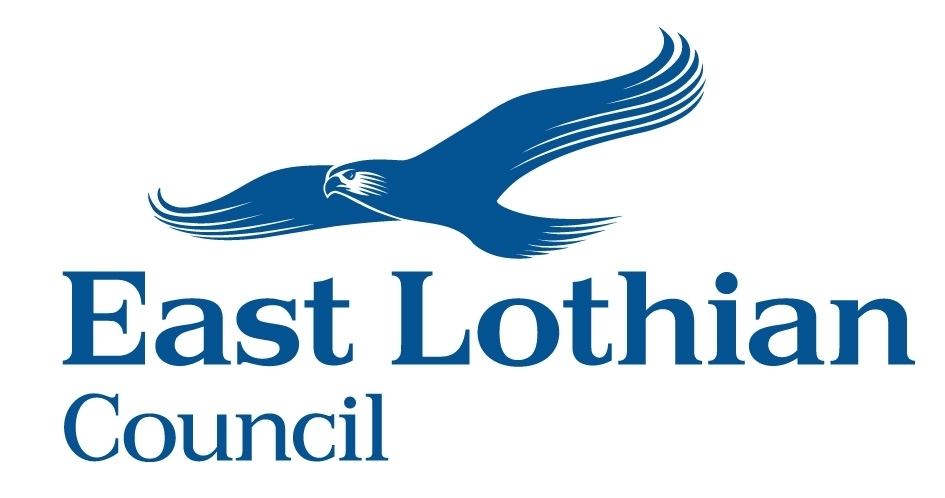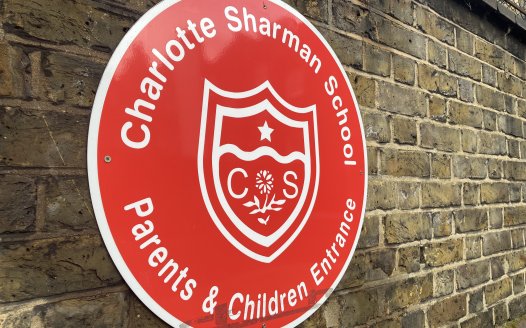NSS urges Scottish council to end voting powers for religious reps
Posted: Thu, 26th Oct 2023
Religious reps "undemocratic, unrepresentative and unjustified", NSS tells East Lothian Council
The National Secular Society has urged East Lothian Council to end voting privileges for unelected religious appointees, calling them "undemocratic, unrepresentative and unjustified".
The NSS backed calls to end the voting powers of the three religious representatives appointed to the council's Education and Children's Services Committee, in response to a consultation which opened on Monday.
The committee is made up of 12 elected members (councillors) and four unelected members: three religious appointees and one trade union representative. All members of the committee have full voting rights on matters affecting education policy. East Lothian Council is now considering whether to remove the voting rights of unelected members and is consulting to obtain views.
The Local Government (Scotland) Act 1973 obliges local authorities in Scotland to appoint three religious representatives to their education committees, at least one of whom must be appointed by the Roman Catholic Church and one by the Church of Scotland.
Councils across Scotland are increasingly questioning the appropriateness of religious representatives. In August, the City of Edinburgh Council became the fifth Scottish council this year to move to end voting powers for religious representatives. Orkney Council and the Highland Council voted to remove these privileges for in May, followed by Fife Council and Stirling Council in June.
Perth and Kinross Council, Moray Council and Scottish Borders Council have also removed religious representatives' voting powers.
Religious appointees 'serve religious agendas, not Scots'
In its response to the consultation, the NSS said reserving a special role in policymaking for representatives of specific religious institutions excludes the majority of Scottish citizens based on their religion or belief, and "clearly runs counter to principles of equality".
It said religious appointees "do not speak for the vast majority of Scots" and instead "serve to uphold the agendas of religious institutions, primarily the Church of Scotland and the Catholic Church".
The NSS pointed out that Scotland is "increasingly irreligious and religiously diverse". The most recently available Scottish Social Attitudes Survey data shows 58% of Scots, including 74% of 18–34s, have no religion.
It said: "The pluralistic Scotland of today is utterly unrecognisable from that which existed before universal state education.
"Churches are now simply one voice among many and cannot expect that voice to be given the same deference as in centuries past."
The NSS criticised the lack of democratic control over religious representatives, as councillors must accept the appointments made by the Church of Scotland and the Catholic Church.
It said the system creates "a hierarchy of inequity" caused by one place each provided for Catholics and members of the Church in Scotland, while representatives of all other religions must compete for the remaining third place.
It added that the appointment system of one Catholic and one Protestant "entrenches outdated sectarian notions about the identities and divisions between the people of Scotland".
Councillor: "I support the National Secular Society's campaign"
Green councillor Shona McIntosh expressed support for removing religious representatives' voting powers. She said: "There is no question that it is valuable to have a range of voices and perspectives on the Education committee - in fact I would like to see this extended in East Lothian to included pupil representation too.
"However I don't think it is fitting in a modern society that certain church groups should be able to influence the outcomes of votes in local government. For that reason I support the National Secular Society's campaign and welcome the consultation as a positive step."
NSS: "No one should be granted a privileged place in local democracy just because of their religion"
NSS head of campaigns Megan Manson said: "Religious appointees on councils are undemocratic, unrepresentative and unjustified.
"No one should be granted a privileged place in local democracy just because of their religion. If Scotland is to be a country where all citizens irrespective of background have an equal chance to participate in decision making, it cannot give select groups a privileged role.
"While it remains a legal duty to appoint religious representatives, councils should exercise their power to remove the voting privileges of religious appointees.
"Increasing numbers of councils are questioning the archaic requirement to appoint religious representatives; this year alone, five voted to remove their voting powers. We urge East Lothian Council to follow suit."
The consultation closes on 10th November. You can respond via East Lothian Council's website here.
The NSS's response can be viewed here. More information on the issue of religious representatives can be found in the NSS's 2019 report 'Religious Reps: Unrepresentative, Unnecessary And Unjustified'.
Remove religious reps
Scottish law requires education committees to include three religious appointees. Help us change that.








